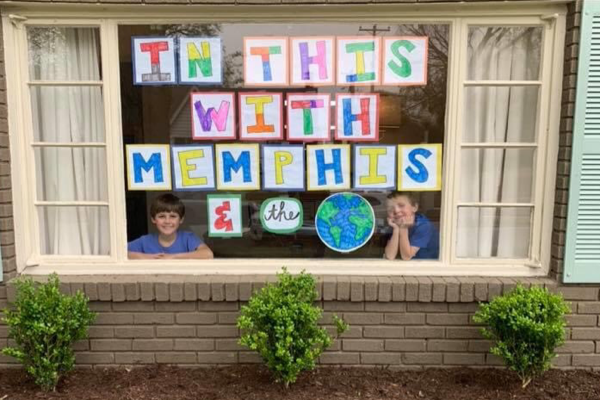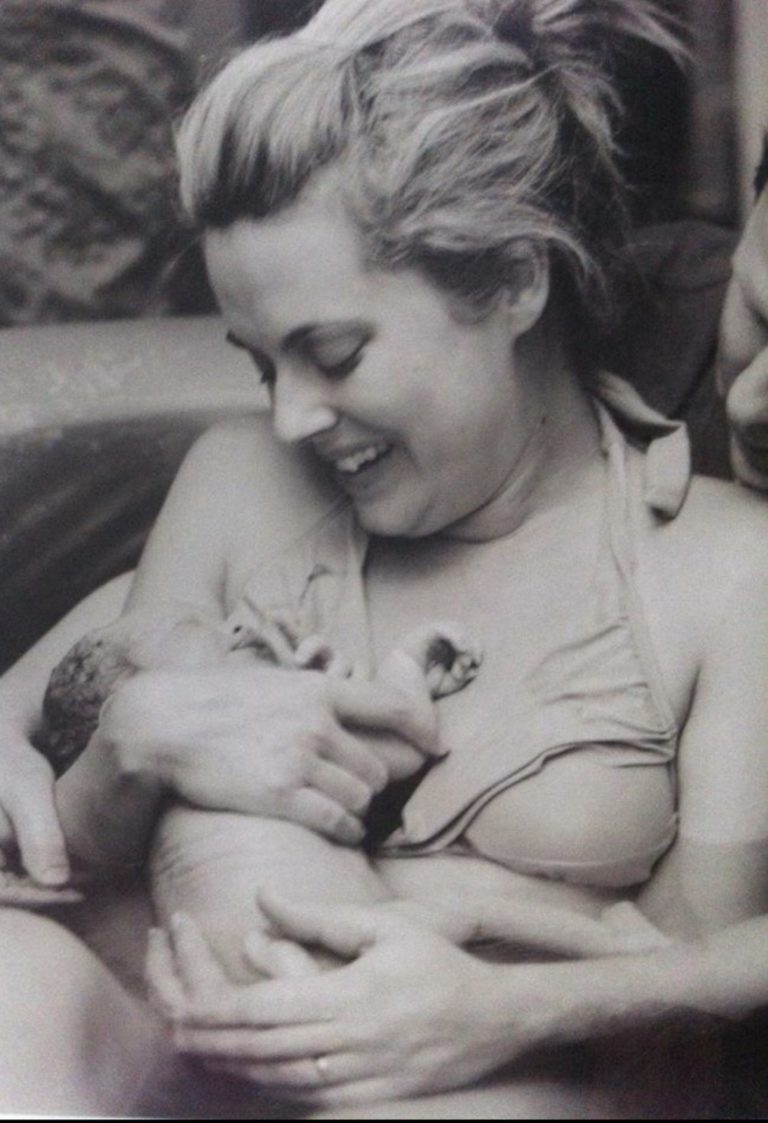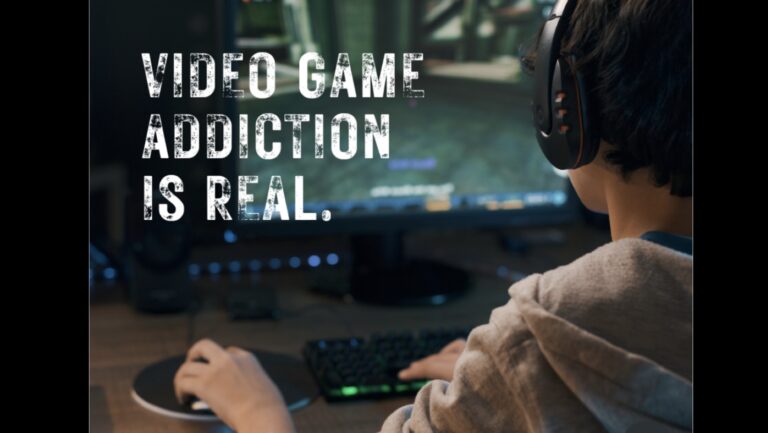Seriously, Just Stay Home
Fellow Memphians,
I am a mom, a physician, and a researcher with a Master in Public Health. I am writing to share information that I hope will empower each of us to help our city withstand the approaching Covid-19 pandemic surge.
I want to open by acknowledging that sheltering in place at home with one’s family is stressful, exhausting, and emotional. When a city locks down, many families experience extreme hardship: financially, physically, emotionally, and spiritually. It is devastating beyond words.
At the same time, I think it is imperative for all of us to be informed about the evidence supporting local and national recommendations for prolonged orders to stay at home. Because continuing to shelter-in-place is essential for the collective long-term health and wellbeing of our country (and world).
Over a 50-year tumultuous course of American politics, beloved diplomat and bipartisan advisor Robert Strauss famously said: “Success is a little like wrestling a gorilla. You don’t quit when you’re tired – you quit when the gorilla is tired.” Every mama already understands this message. We don’t quit wrestling when we get tired; we quit when our families are safe.
Currently, Covid-19 is the 3rd leading cause of death in the U.S. The U.S. has the highest number of Covid-19 cases reported by any country in the world. More important than this absolute number, however, are how quickly the numbers are doubling and the exponential trajectory of daily death tolls.
In the “best-case scenario” models released by the White House, an estimated 240,000 Americans will die from Covid-19 over the next few months. And this is only if everything goes perfectly. Unfortunately, many expert epidemiologists believe that these models are unrealistic. Oxford’s reputable model from 2 weeks ago estimated that 2.2 million Americans would die if social distancing was not enforced; scarily, many experts believe that is still a lowball number since it is based on a mortality rate of 1.6%. As our healthcare systems become overwhelmed, our mortality rates may increase to 9-12%, akin with the rates from countries like Spain and Italy, respectively. Extrapolating from these grim statistics, it is plausible that we might see 3-7 million (or more) deaths in the U.S. over the coming months.
And here’s the worst part: the impact of this pandemic has barely even started yet. Although the situation already is super scary and many of us (myself included) feel like we have been sheltering-in-place, in our homes, for months, the reality is that “only” ~9400 Americans have died so far. Even if we use the absolute lowest (and likely inaccurate) mortality estimates, this represents only 3% of our country’s total deaths. This means that 97% of the people who are going to die haven’t even gotten sick yet. They are sitting at home, like you and me, worrying and waiting.
This is why we must keep wrestling the gorilla. We cannot tire. We cannot allow the other people within our circles to tire.
In the spirit of total honesty, I will share that what keeps me up at night is not the staggering number of projected deaths. It is the terrifying mismatch between anticipated patient needs and our available healthcare resources.
Fellow Memphians, our city has approximately 3,000 hospital beds, 500 of which are ICU beds. We have about 700 available ventilators. Local medical experts estimate that, based on surge predictions, we will need 6-8 times the number of available ICU beds and 3 times the number of available ventilators. And these are conservative estimates, which do not take into consideration the anticipated overflow of critically ill patients from Mississippi and other surrounded under-resourced states. Our city is currently scrambling to set up a new 1,000 bed hospital; I worry that this will be a fragile straw dam in the face of an impending tsunami.
The pandemic surge is predicted to peak in Memphis in 2-3 weeks. This means that the wave has already formed, it is coming, and we cannot stop it. But here is the good news: we absolutely can prevent new and larger waves from developing and crashing over our city.
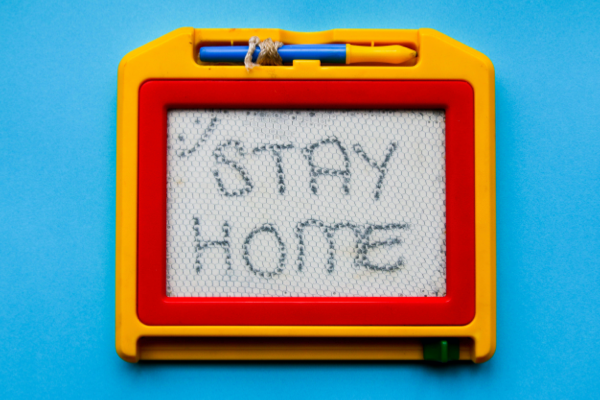
The way that we do this is to stay home. Full stop. No exceptions. And we interact only with the people who live inside our homes. It can be tempting to think: “I’ll just take a walk with my neighbor; she’s one person, what’s the harm?” Here’s the thing – your neighbor also gets groceries. She picks up her mail and her delivered packages. All of these items are fomites that theoretically can transmit the virus. Your neighbor also may interact periodically with one other person; and that one person may interact with another person, who interacts with another person. And while everyone congratulates themselves on minimizing interactions, suddenly everyone is connected within a wide network of people and their families (and every object that they have touched). This is how the virus continues to spread unchecked and the curve fails to flatten.
I know that very important religious holidays are approaching: Easter, Passover, Ramadan. I am begging everyone to maintain strict isolation across these holidays. Celebrate and create beautiful memories with the people who live in your home; but please, PLEASE, do not celebrate in person with others. Every religious gathering literally risks lives and pours fuel on the conflagration threatening our community, healthcare workers, and hospital systems.
I am scheduled to be the attending physician on service at my hospital during the week when Memphis hits peak surge. I suppose that I should be stressing more about myself and my family’s health; maybe I just don’t have the emotional bandwidth to go there. What makes me cry each day, though, is imagining the thousands of patients in our city who will suddenly feel unable to breathe. Whose loved ones will rush them to the local hospital and will be separated from them at the threshold. These patients – our husbands, grandparents, brothers, best friends – will be frightened and alone. If they worsen, they will be intubated alone (if there are ventilators available), and then rolled on a stretcher alone to sterile hospital rooms (if there are rooms available). Overwhelmed healthcare workers will struggle to provide care to everyone. Without adequate personal protective equipment, our staff will become sick and our workforce will be stretched to a breaking point. Many, many patients will die alone, without being able to hold the hand of their loved ones or say goodbye in person. If only we had just stayed at home.
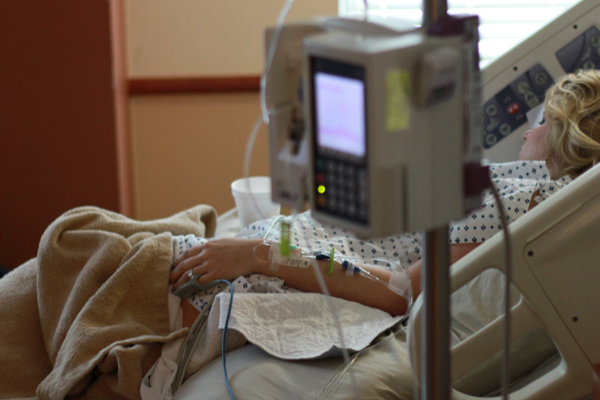
This is why we must keep wrestling the gorilla. For as long as it takes to protect our families and communities. Until the gorilla tires, and we emerge from our homes, together in solidarity.
About the Author:
Erica Kaye is a triple board certified physician-scientist, who received her undergraduate degree from Yale, her medical degree from Harvard, and her Master in Public Health degree from Johns Hopkins. She is a proud resident of Memphis, TN, as well as a proud wife and mother of two beautiful girls. These are her opinions, predicated on close review of available information, which do not represent her subspecialty medical fields nor her institution.

